Remembering the power of ‘Sharp Objects’ when it comes to portraying self harm
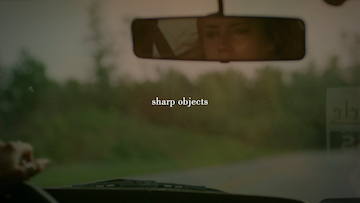
“Sharp Objects” follows crime reporter Camille Preaker (Amy Adams), who struggles with a history of self-harm, as she investigates a crime.
March 25, 2021
On March 7, a recent entertainment article popped up on my laptop timeline titled, “Amy Adams on ‘Sharp Objects’: Exploring How Women Express Rage”. I opened it and remembered that Adams had won a Golden Globe for best performance for her acting in the miniseries, so I decided to watch it.
What a decision that was. Watching the main character, journalist Camille Preaker, endure such laboring emotion and such internal anguish and rage filled me with such sympathy and pain for her. The main plot of the show is about a missing little girl in the town of Wind Gap, Missouri, but the subplot is that of Preaker’s mental health as she deals with depression and self harm.
This show deals with self harm in a way that I had never viewed before; it did not glamorize it, it did not dramatize it and it did not make light of it. From April 2019 to April 2020, the number of children aged 13-18 who self-harmed increased by 99.83%. Covid-19 has spiked the percentage of teenagers self-harming by 90.71%, so “Sharp Objects” having material to help teenagers who struggle with self harm is relevant.
In the show, Camille Preaker deals with such grief and trauma that it’s astounding. She finds the murdered body of the young girl, watches her sister die and another young girl die, deals with an emotionally abusive mother who tells her she never loved her, gets poisoned, almost dies herself and much else. It is oftentimes painful to watch “Sharp Objects”, but all pain comes with wisdom, and this show certainly has some, especially about self harm.
At one point Preaker self-admits to a psychiatric hospital, a step that should be praised, as it is rarely shown in film but is an immensely important thing for those who are self harming. It also shows a partner of Preaker not shaming her for the scars that cover all of her body past her neck. Rather, he accepts her and does not freak out as many people who self harm fear. This clip is important, for it will encourage those who have self harmed to find partners who accept them and their bodies and to not accept judgment or shame.
“Sharp Objects” has a thought-provoking plot, a great soundtrack and most importantly an unvarnished portrayal of the realities of self harm. I recommend it to all teenagers and adults in America, as I think its power could help the mental health epidemic plaguing our country.
Preaker self harms multiple times within the miniseries, carving words into her skin with any sharp metal she can find. She carves words like “vanish, fix, ripe, closer, cherry, falling” into her skin, most of the time after a traumatic event happens.
It is important to note here that those who are most likely to self harm are those who just endured a traumatic event like Preaker just had almost every time she self harms. If you see someone display the symptoms of “keeping sharp objects on hand, wearing long sleeves or long pants, even in hot weather, frequent reports of accidental injury, difficulties in interpersonal relationships, behavioral and emotional instability, impulsivity and unpredictability and statements of helplessness, hopelessness or worthlessness,” check in with them and remind them they are loved and that help is always available.
If you have recently been self-hitting, punching or head banging or cutting, overstretching, burning or carving words or symbols on your skin or engaging in any other form of self harm please seek help immediately. Text the Crisis textline at SUPPORT TO 741-741 to immediately talk to someone who can help you or call 1-800-334-HELP, the phone number to the Self Injury Foundation’s 24-hour national crisis line.



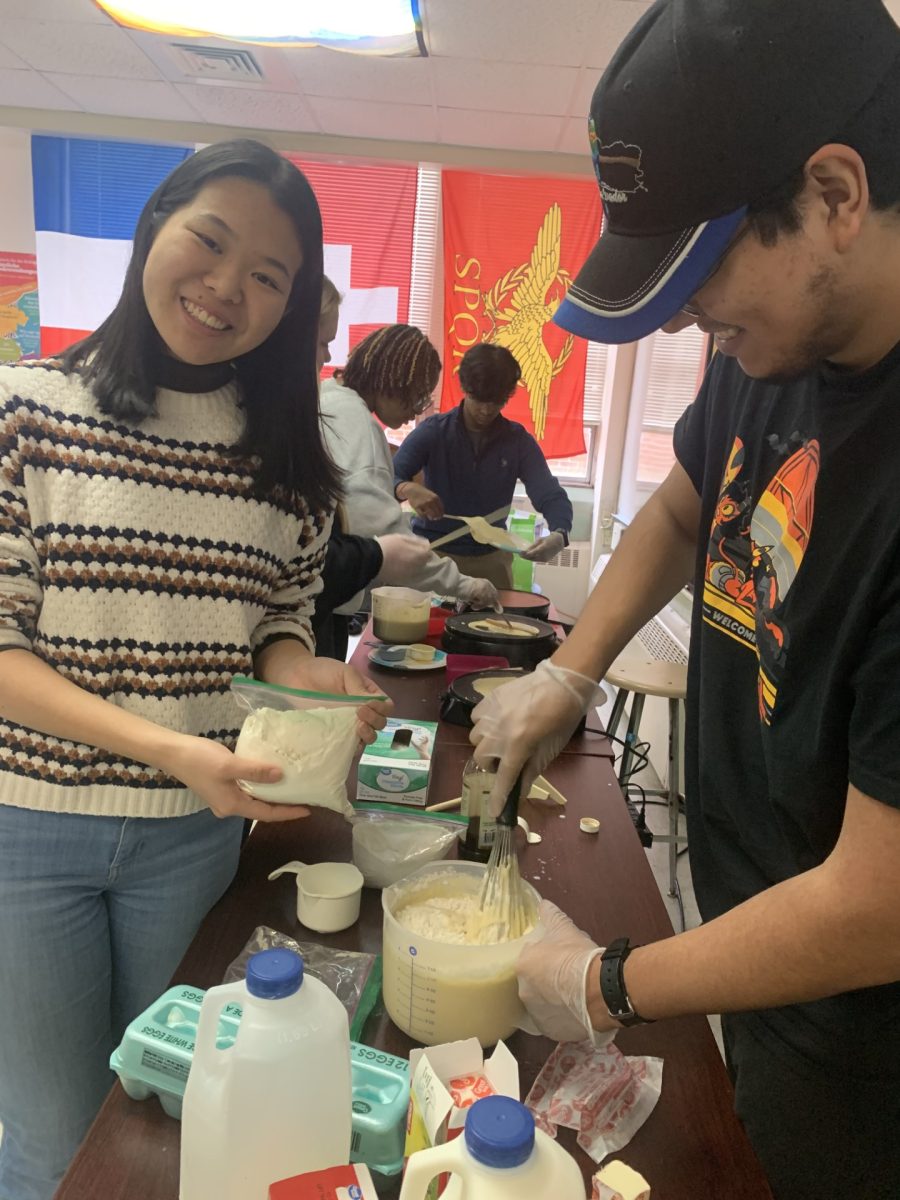

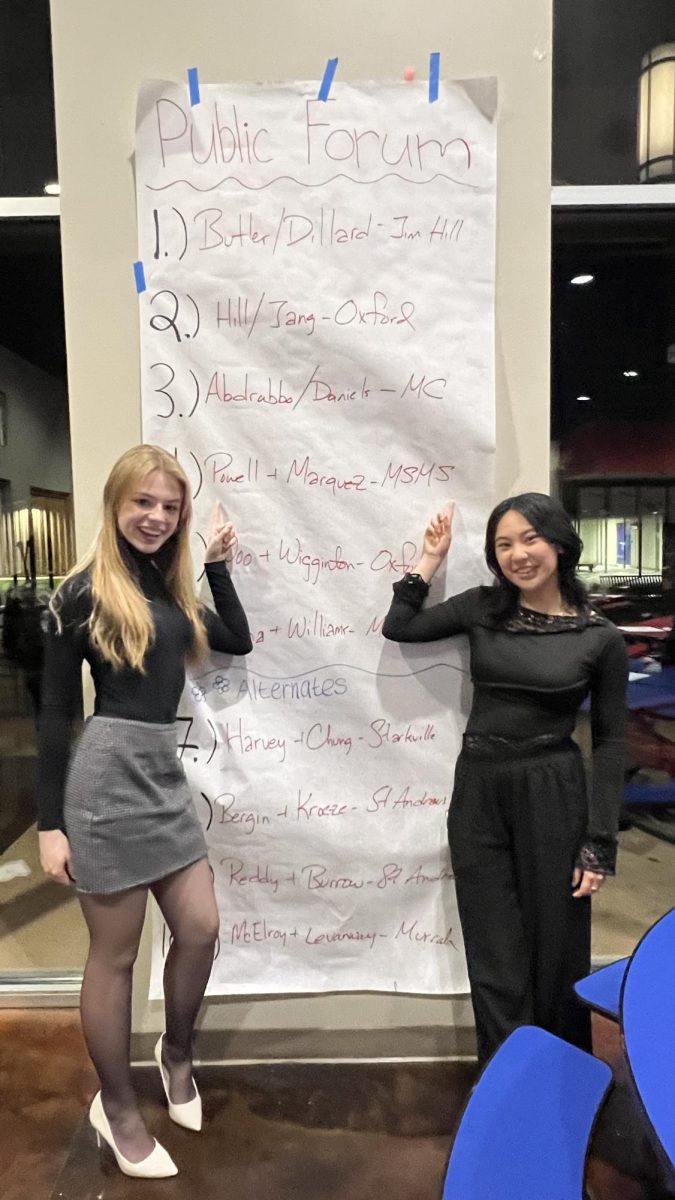



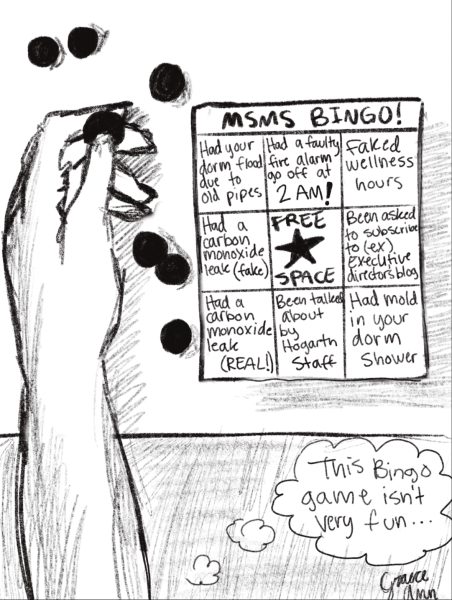

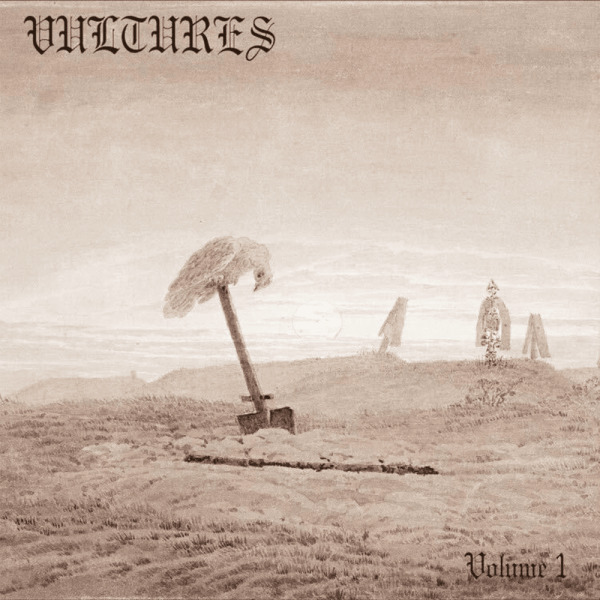
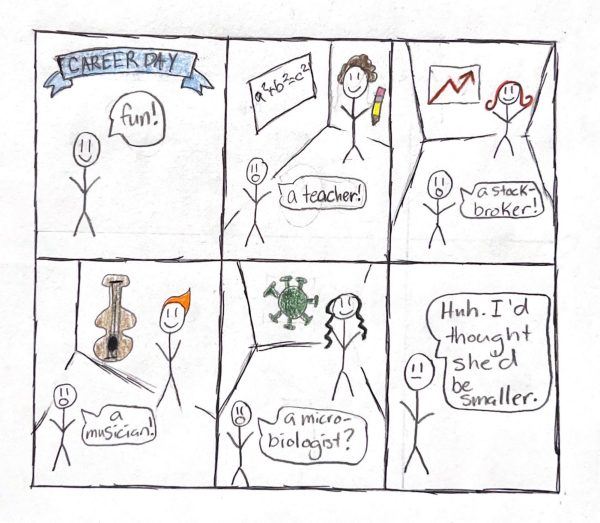
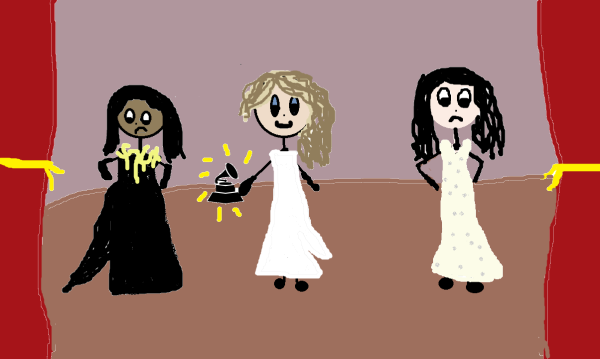
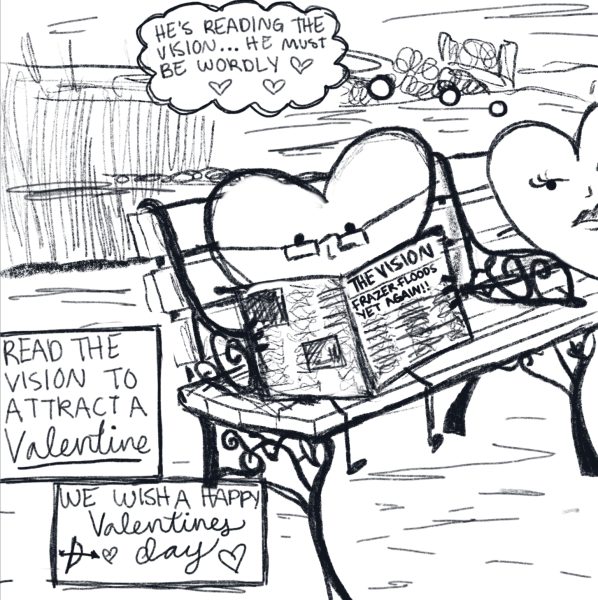

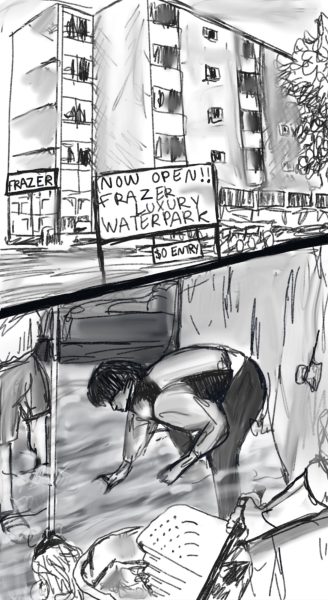
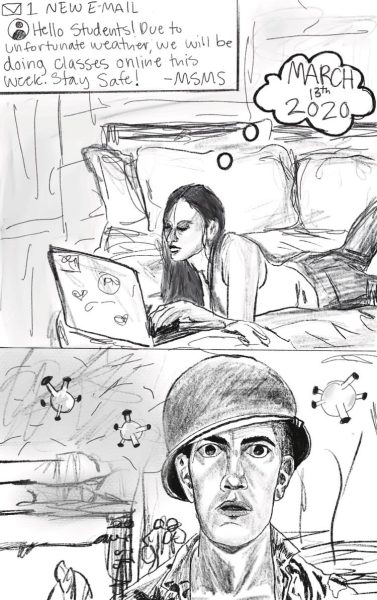
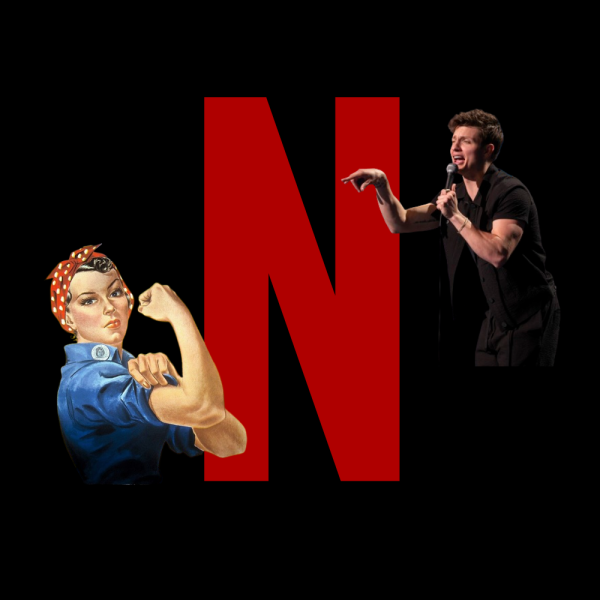
Michael • Aug 17, 2021 at 12:31 pm
Just to be clear: the study you linked says that between April 2019 to April 2020 the number of self harm related claims issued from 13-18 year olds increased by 99.83%, not that 99.83% of 13-18 year olds self harmed. Still alarming, but very different.
Jillian Snodgrass • Aug 17, 2021 at 2:17 pm
We appreciate the correction; the article has now been updated to reflect this.